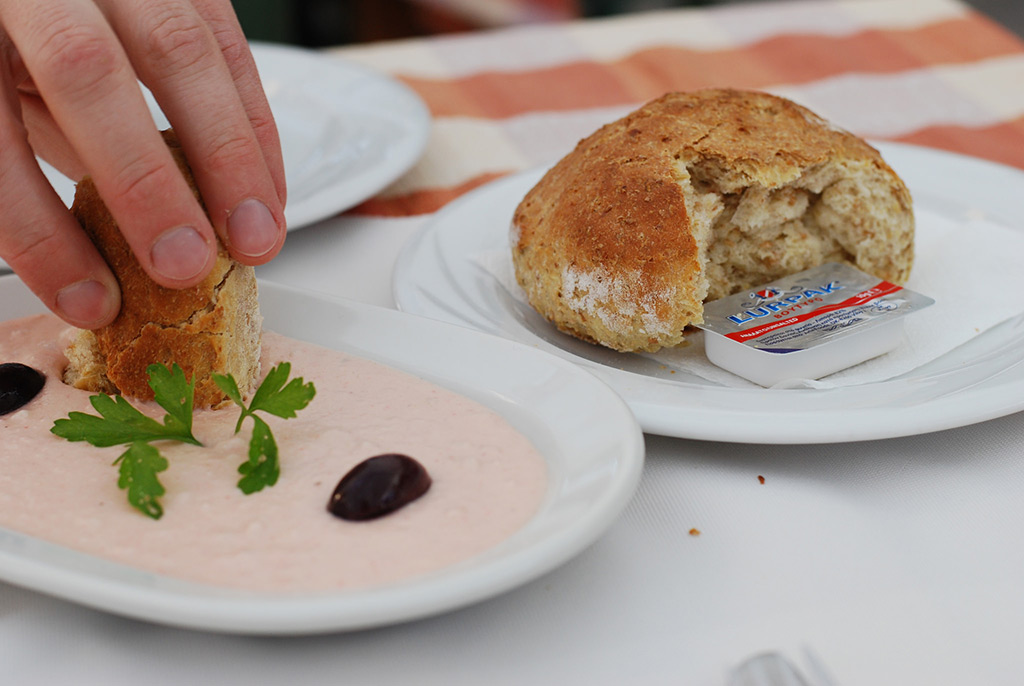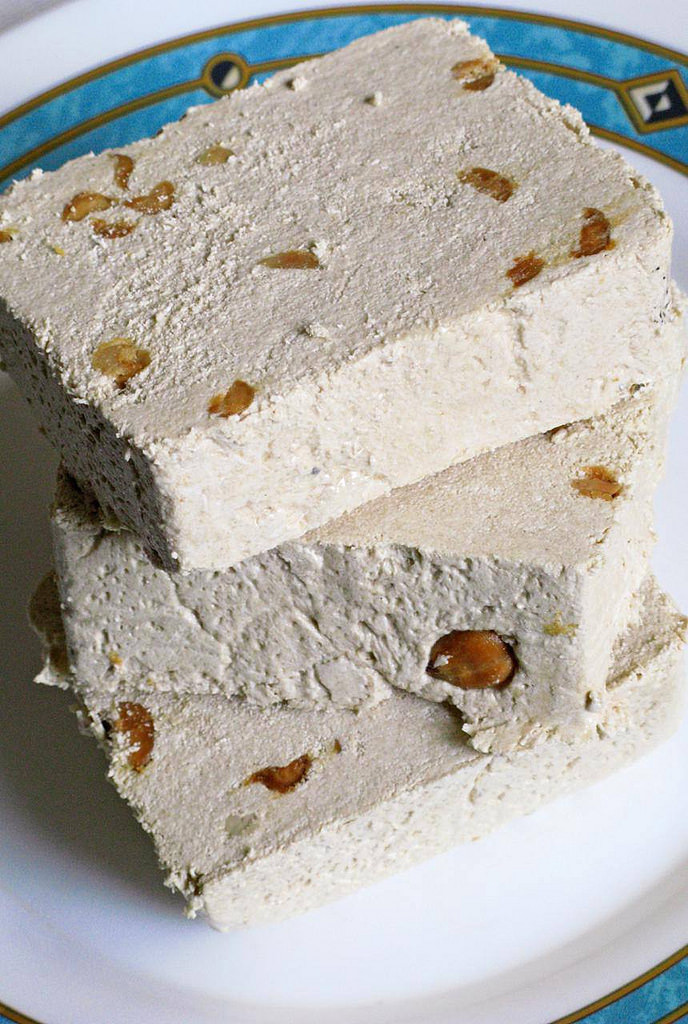The period specifically starts off the preceding night through a special service in which forgiveness is granted and a fresh Christian love emerges in each faithful’s heart. Clean Monday also puts an end to the Carnival celebrations that have been in full swing in the preceding three weeks, inviting all Orthodox Christians to leave behind the sinful attitudes.
Due to this notion, the feast is observed with outdoor activities, the consumption of fast foods, as well as the custom of constructing and flying kites. Young people, children, and adults organize excursions to open areas to fill the skies with their kites. Philopappos Hill in Athens is the most popular spot for this very activity.
In other events in the capital, on Saturday the 9th a concert of greek songs will be held at 1:00 pm at Kolonaki Square while a parade with music is going to take place at the same time at the Acropolis metro station. Sunday the 10th emerges as a carnival day for children and families with music, dancing, jugglers, face painting, balloons and more taking place from 11 am to 3 pm at the Zappeion and the Stavros Niarchos Cultural Center.
As far as the food is concerned, extreme culinary delights are on the table. Eating meat, eggs and dairy products is traditionally and strictly prohibited and will only happen on Easter Day. Therefore, the tradition revolves around eating elaborate dishes based on seafood, like cuttlefish, octopus and different shellfish, like shrimp and mussels.
Special notice needs to be made in favor of a traditional and highly favorable dip made of the salted and cured roe from carp or cod, mixed with olive oil, lemon juice and bread crumbs, called “taramosalata”, ideal for spreading on the “Lagana” a special type of flatbread baked only on that occasion.
Other notable dishes include Gigantes plaki (giant oven baked Greek beans with fresh tomatoes), fava dip (pureed chickpeas) and dolmades (rice mix wrapped in vine leaves). As for dessert, a variation of the Arab “halva” is served. It’s made of tahini and sugar, often combined with nuts or chocolate. Halva is eaten right through to Easter.

